Over half of Americans aged 80 or over have cataracts. Cataracts form as proteins in the lens of the eye break down and cause clouding on the lens to occur. This happens naturally as part of the ageing process, but it can be exacerbated by factors such as smoking, sun damage, medical conditions such as diabetes, and long-term use of some steroid medications.
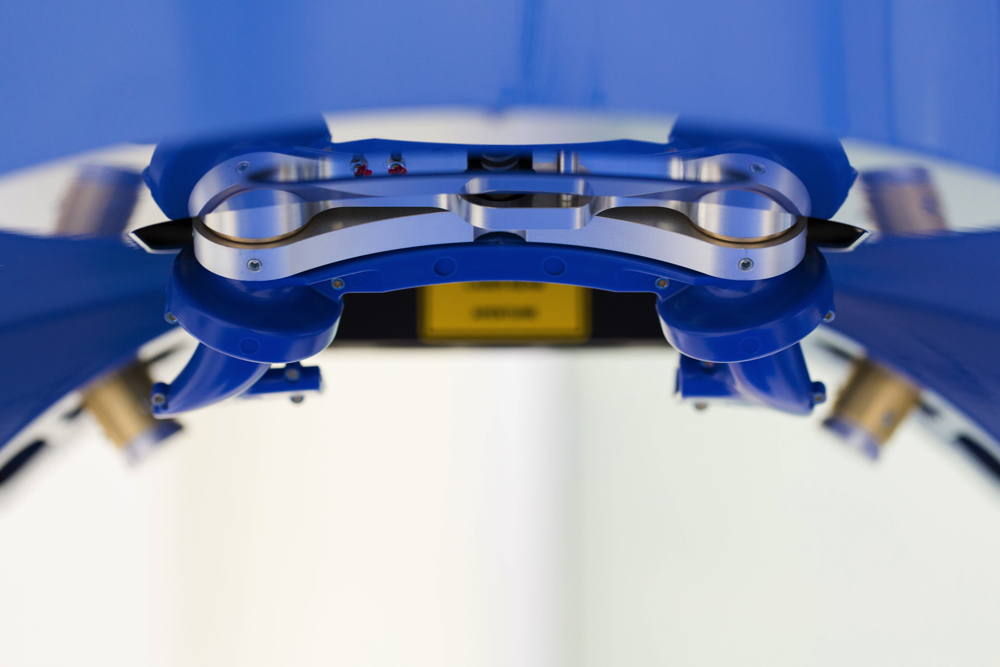
As cataracts form, they get larger and eventually cause more of an obstruction to vision. If you have cataracts the most common symptom is cloudy vision. The only way to effectively cure cataracts is through surgery.
What is cataract surgery?
In cataract surgery, the lens of the eye that has become clouded by cataracts is removed and replaced with an artificial lens. The artificial lens becomes a part of the eye from the day of the surgery. If you’re having cataract surgery you will often be given a choice of lenses, depending on what is available in your area and if you have any pre-existing conditions in your eye.
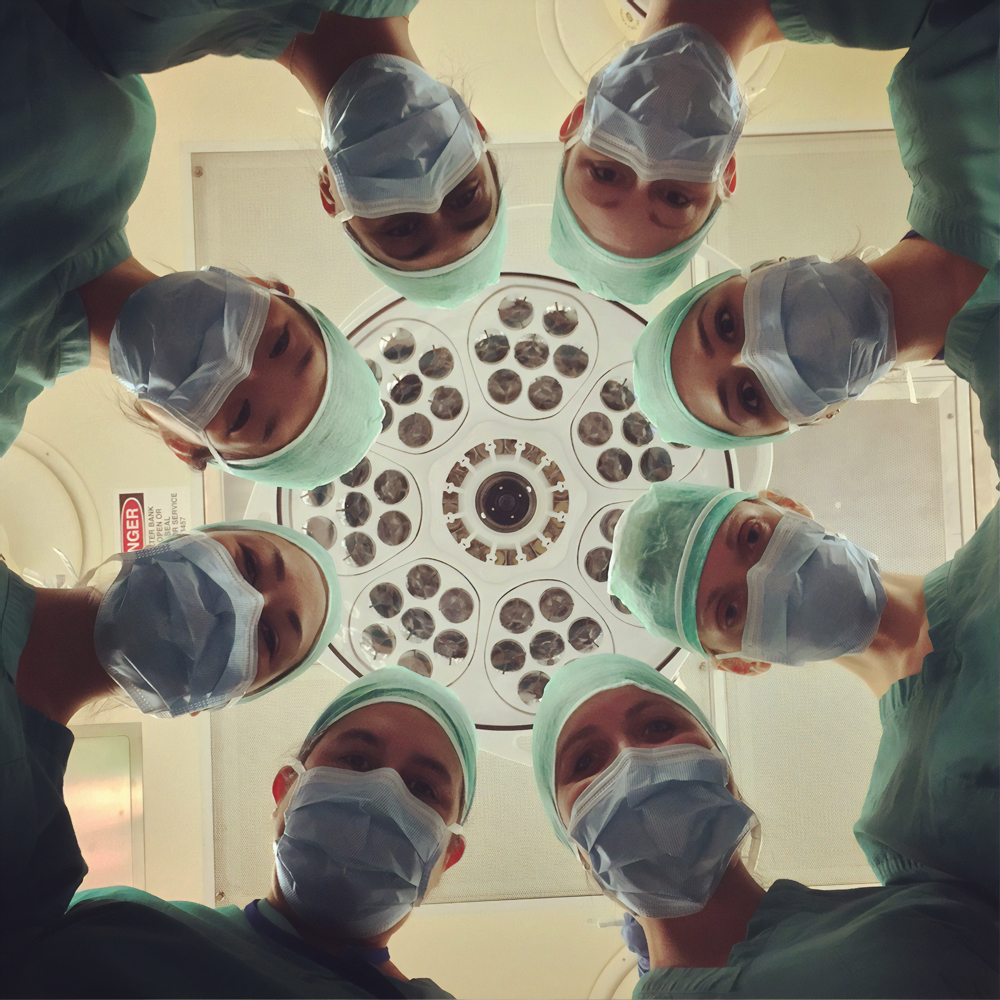
For example, it is possible to get a lens installed that will also correct astigmatism – so, for people with astigmatism and cataracts, the procedure can actually help with both conditions! You can choose a lens that is better suited for distance or close vision, or that can do a mixture of the two much as you can when you are choosing glasses. Your eye care team will be able to advise you on the different options that are available and which one is best for you.
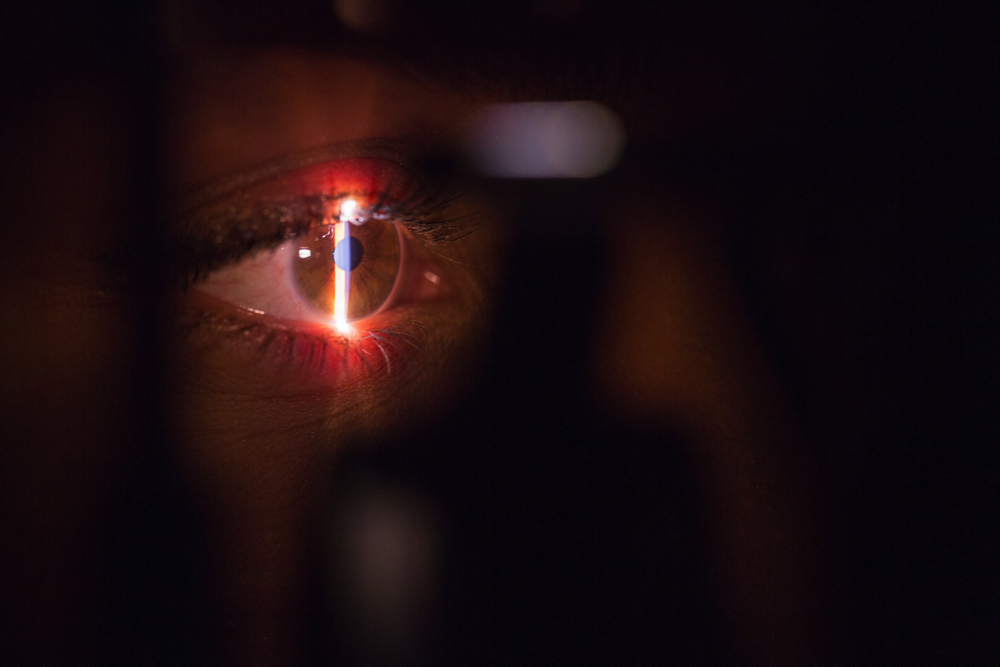
How to prepare for cataract surgery
Cataract surgery is an outpatient procedure, which means that you will usually come home the same day. However, you won’t be able to see properly immediately after the procedure and it’s likely that you will feel a little woozy, so it’s important to arrange for a friend or family member to pick you up and make sure you get home safely.
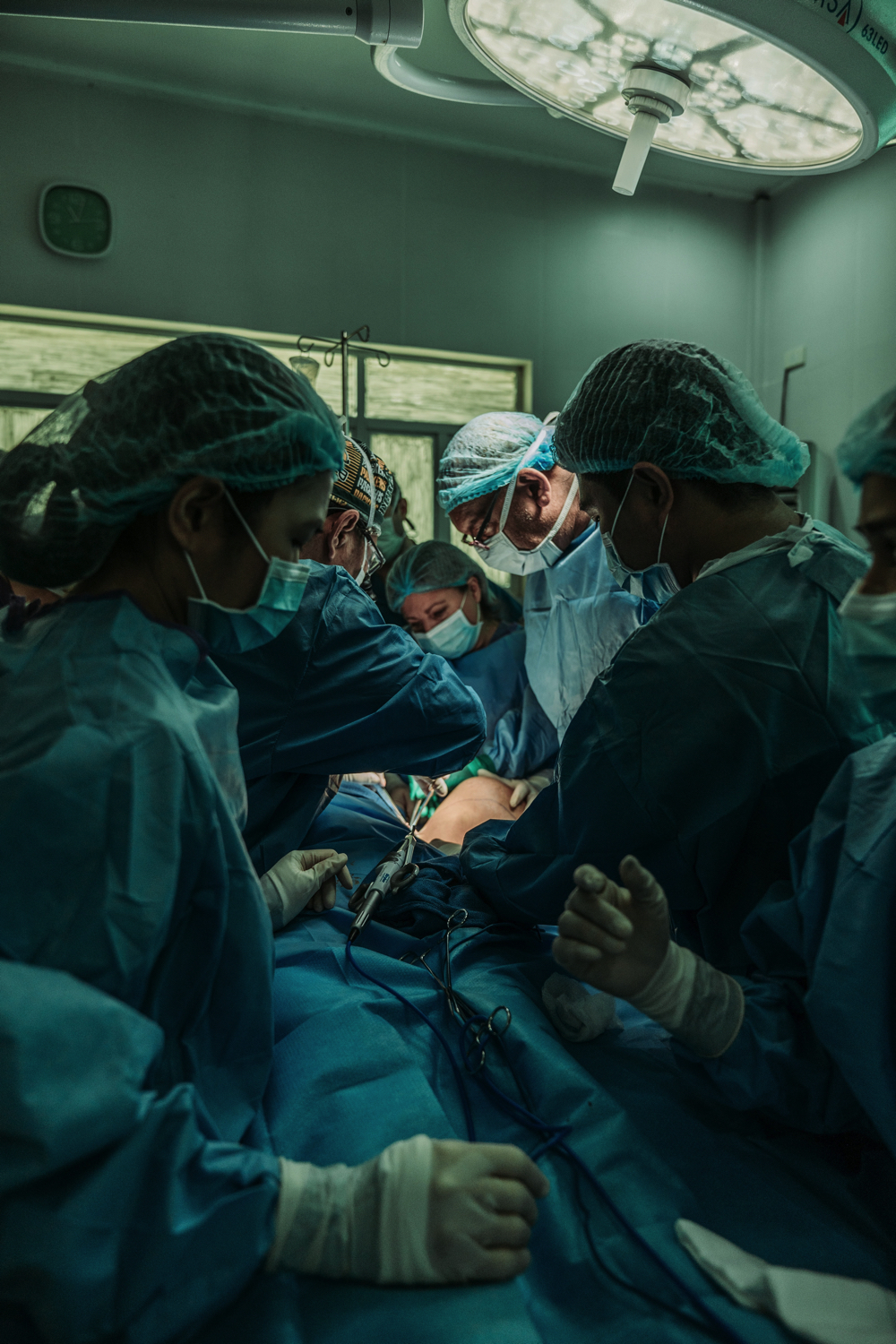
You won’t be able to drive for a few weeks after your surgery, so it’s a good idea to make arrangements for this. Before the procedure, you can expect to have eye exams so that the doctor can determine which type of lens is best for you. They may also give you medicated eye drops to use.
The surgery will likely be performed under a local anaesthetic so you may be asked not to eat for 6 hours beforehand. It’s usually a good idea not to drink any alcohol for 24 hours before the procedure.

What happens afterward
It can take a month or two after cataract surgery for you to fully heal, however, a lot of people start seeing significant improvements within a few hours of their surgery!
While you’re recovering it’s important that you protect your eyes from any irritants. Your doctor will probably recommend that you wear a pair of protective sunglasses, and possibly a sleep mask. You will need to avoid getting water in your eyes and also avoid any strenuous exercise that could build pressure in your eyes.
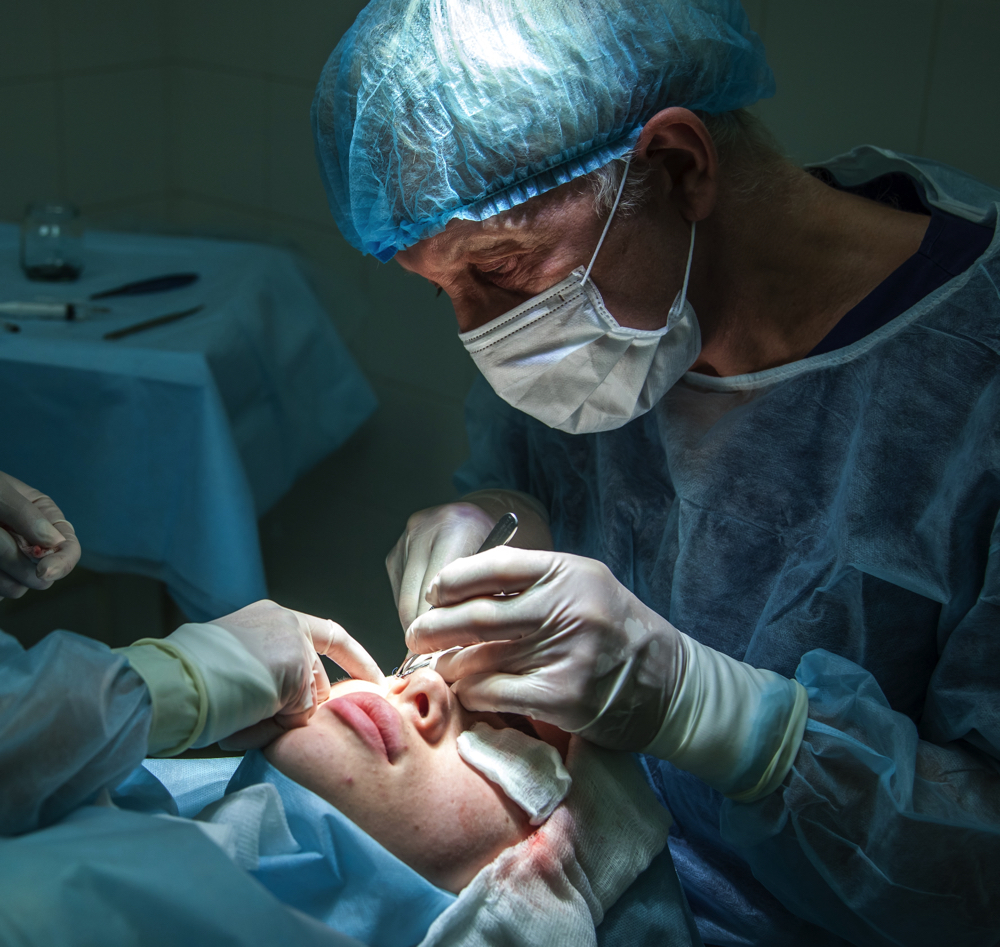
Once the healing is done, you’ll likely find that colors appear brighter, and that you are able to see much more clearly than you could before.
Follow @positive_mag on twitter for the last updates https://www.positive-magazine.com/cataract-surgery/?utm_source=rss&utm_medium=rss&utm_campaign=cataract-surgery

